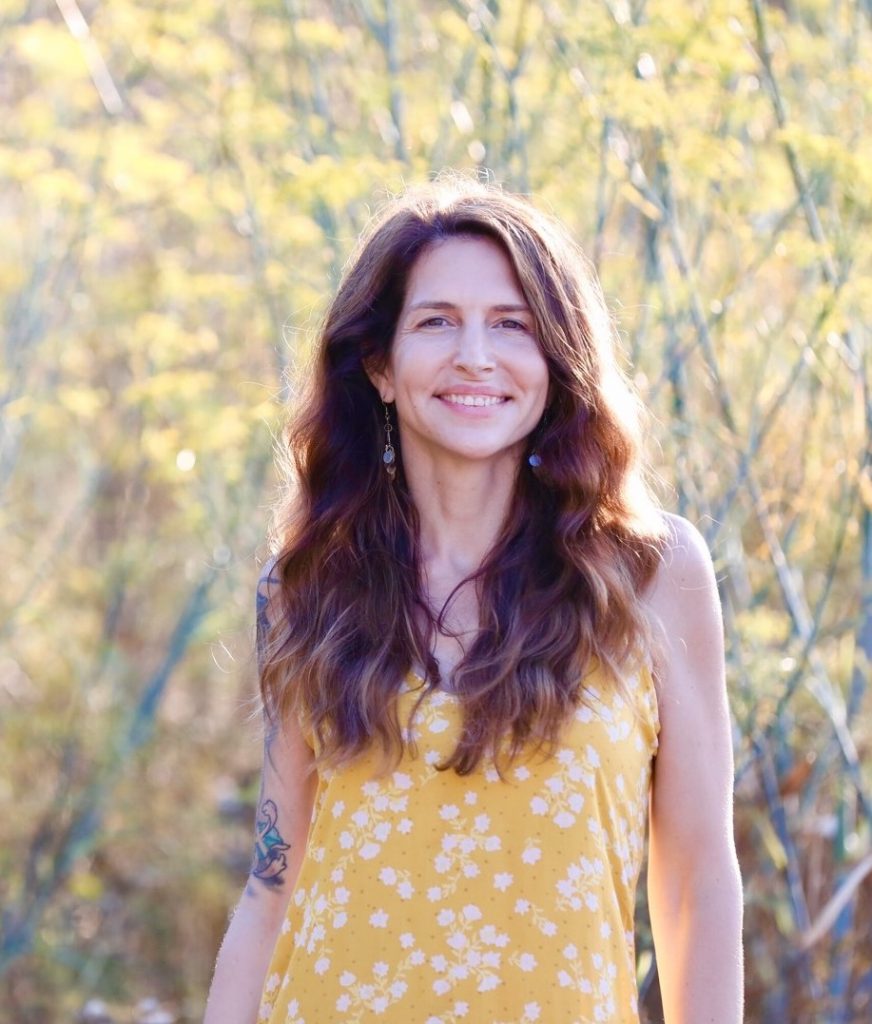by Dr. Kate Siner | Aug 7, 2015 | Dr. Kate's Blog
I\’ve learned a LOT about leadership while growing my business. I cannot say these have been easy lessons. I\’ve probably made every mistake in the book. I\’ve been too hands off. I\’ve been too rigid. My standards have – at times –...
